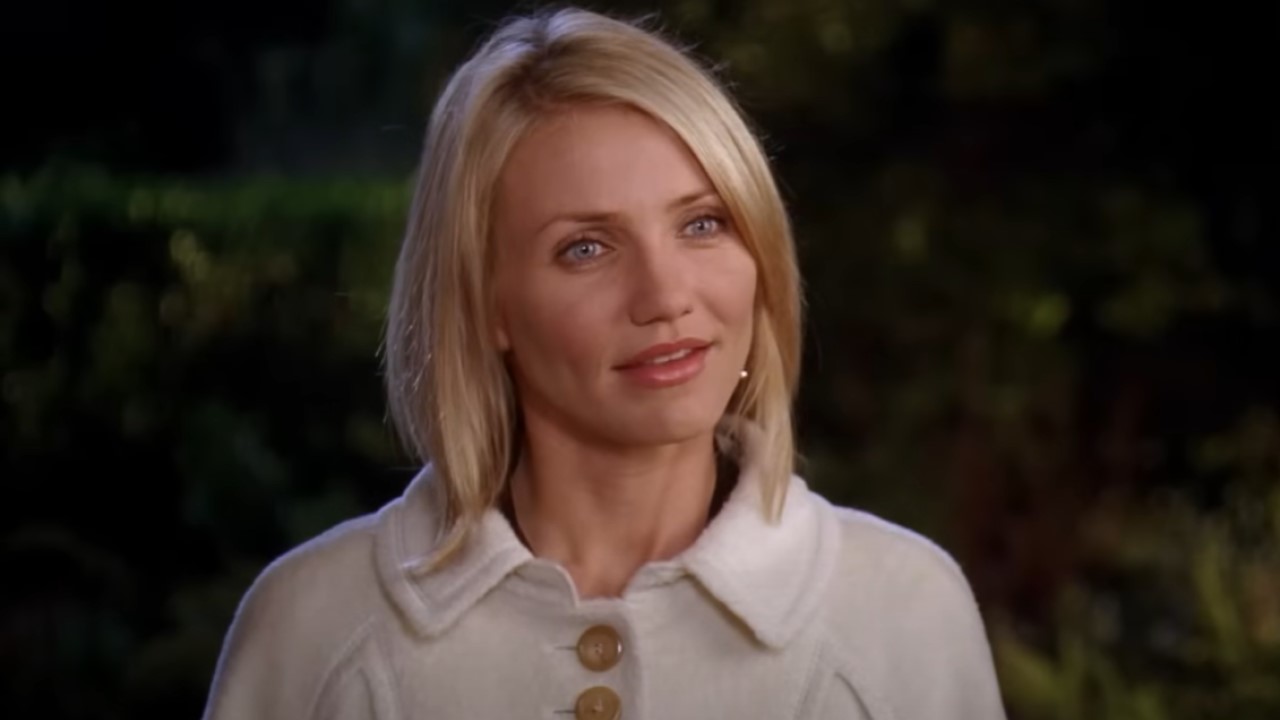Chris Evans Talks Turning Up The Power On Captain America: 'This Has To Be More Than Bourne'
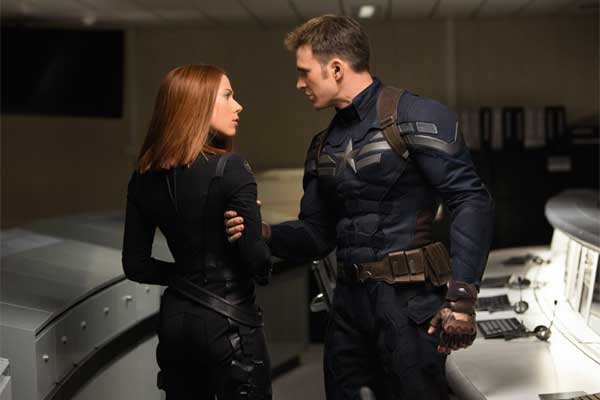
Your Daily Blend of Entertainment News
You are now subscribed
Your newsletter sign-up was successful
While he may not possess the strength of the Hulk, the flight of Iron Man or the lightning-generating power of Thor, Captain America is still one of the greatest superheroes in the Marvel universe. Originally just a kid named Steve from Brooklyn with a dream of fighting for his country, the patriotic hero underwent an experimental treatment to become the absolutely perfect human specimen. Without the aid of armor or magic, he can outrun, outjump, outfight and outsmart just about every single opponent he comes across standing in the way between him and his duty. This great power was fully on display in both Joe Johnston’s Captain America: The First Avenger and Joss Whedon’s The Avengers, but for the upcoming action epic Captain America: The Winter Soldier star Chris Evans wanted to become an even more elite warrior.
While the next Captain America adventure won’t be coming out for another few months, last summer I got a special sneak peek at the film when I drove down to Marvel’s headquarters in Manhattan Beach, CA to visit the set of the anticipated blockbuster. Sadly I can’t quite tell you about everything I saw just yet – you’ll have to wait a few more weeks for that – what I can now share with you is the fantastic conversation that myself and a small group of other journalists had with the film’s titular star between takes.
How is Cap adjusting to the modern world after being frozen in ice and going through the Battle of New York? What are his relationships like with Black Widow and Nick Fury? How has endless training affected the way he moves and thinks? Read on to find out!
How you like the new suit?
I do like the new suit a lot. I can tell you that I think a lot of people like the old suit as well, after Avengers. Not to say nothing bad about the Avengers suit. The Avengers suit was wildly comfortable, but I think a lot of people enjoyed the old suit. I think a lot of people enjoyed the World War II aspect of the movie. There was something about that I think people liked.
Are you glad that your ears are getting some air?
Well, they're not getting as much. They get some air in the new suit. I've always liked the ears inside. I always thought I kind of had big Dumbo ears. Whenever they tried out the helmet with the ears out, I was like, "Please don't make me do this. I look so silly," but they did some really good things. They helped – it looks a lot better. The new suit does have the ears out, and it actually looks okay. I was like, "Okay. I can live with this."
Your Daily Blend of Entertainment News
Can you talk about when the movie begins, where we find Cap at the start? He's been around for a while now, so he's somewhat acclimated. Does he feel pretty comfortable?
Well, he feels comfortable within the structure that he's given. He likes to serve. He likes to take orders. He's like a herding dog. He needs a task. And I think the issue in the first two, Captain America and the Avengers – well, Captain America was about giving him the opportunity. Then he got the opportunity, and then he was thrust into a different world. And in Avengers, there were so many characters, it's tough to kind of spend too much with any one. And on this one, it's about him trying to not just acclimate to the modern world, but it's always been Cap's goal to do what's right and to be of service, to help where he can. In this movie, I think the question is, well, what is right? I think it was a lot easier in the 40s to know who the evil was. There's no disputing Nazis are bad. And now it becomes a little bit more of a difficult answer. There's a lot more grey area. What is the right thing? And are you of service to that cause? That's where it becomes a tricky dispute for Cap because things were just done differently in the 40s. Threats are different now, and precautionary measures are taken now, [and they] can be questionable and somewhat suspect in his eyes. So it's a tough hurdle for him to jump.
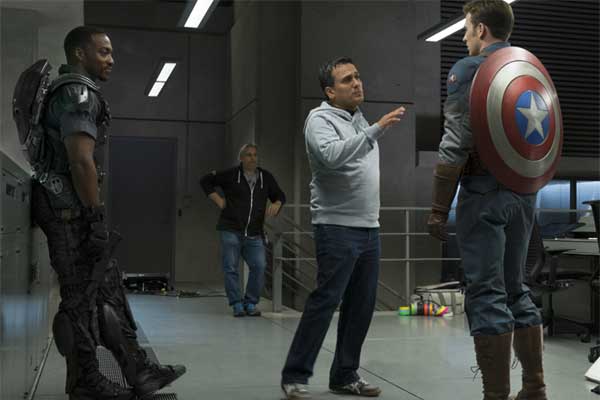
In this film you get to a lot of new relationships and you get to build on a lot of old relationships. What direction do you think the character has been brought in because of those separate relationships? With Natasha (Scarlett Johansson) and Sam Wilson (Anthony Mackie)?
Well, I think it's brought in more of a human direction. Cap's such a good guy, it's hard for him to bleed. Not just literally, but figuratively, you know what I mean? He doesn't want to burden anyone with his struggles, and unfortunately, that's what makes characters dynamic and interesting. So any way we can push him in more of a human direction, where he does show weakness, and he does struggle, and he does connect with people and show vulnerability, I think that grounds him a little bit. It just makes him more interesting. So all the relationships, especially with Natasha and with Sam. Even though we do have the Winter Soldier, he's more of like – we're doing third act stuff right now – so for the meat of the film, the majority of the film, the connections that he makes, I think, really bring him to life are with Natasha and Sam.
You’ve talked about how it was a big decision for you to commit to this character and the amount of films you'd be making. So three movies in, how do you feel about that and your relationship with Marvel?
I feel really good. I'd really be kicking myself if I hadn't done this. Oh my God! I'd really be kicking – oh, man, I'd be kicking myself [laughs]. It was just a matter of adjusting to lifestyle changes. My team told me this in the beginning because they knew I was apprehensive too. They said it comes in waves. You've got to respect the fact that when the movie comes out, there's going to be a surge. And there's going to be some changes, but then it's going to go away. It's going to die back down, just like any type of actor. When a movie comes out, you get a little bit more of a spotlight on it. And then, when it goes away… So you can monitor it. It's not like once these movies are out, your life is forfeit and you can't have any more control. So you've just got to take those periods of time in stride, and it will pass. And it will die down eventually, and things will go back to a relative level of normalcy. Aside from that, I love doing these movies because they're good. It's been one of the tricky things in my career. I'm sure you've seen some of my not so good movies. And it's disappointing when you put a lot of time and effort and sweat. It's a real – oh, it sucks. When you see the movie, you're like, "That is not what I read. And that is not what I wanted to be a part of, and it's a real disappointment." And these movies, you don't feel that. I mean, you feel that, but I've begun to just put my trust in Kevin Feige and all the guys at Marvel. They're so good at what they do. Their internal barometer of what is good and bad is pretty on point. Not just from the standpoint of the movie, but in the marketing and the trailers and the wardrobe. It's just going to look right. So it's scary diving into such a big endeavor. If it doesn't work, it doesn't work on a massive scale. But you feel a little bit more comfort in that you trust the people that are making these movies, and that's what acting's about: trust. If you don't trust someone every single take you're going to be holding back, and it's nice to let go.
The Russo brothers characterized this as a sort of rebooted tone, but Captain America was kind of the only super hero in the last decade or so who really was sort of resolutely heroic.
Sure.
How does that change in tone affect him? And is there more of that identity crisis that other super heroes have gone through, or is it just a matter of placing him in a context?
Well, he is a really human super hero. He doesn't shoot lightning. He doesn't fly. It's very meat and potatoes type powers. So I think it's only appropriate that the tone and the theme fits more of a human element. It does have kind of a very grounded political thriller tone to it, and I think that just goes hand in hand with the character. It just works. And like I said earlier, they're also trying to infuse much more human conflict that doesn't necessarily have to do with fighting monsters and doing giant stunts. It's just about him coping with moral issues about right and wrong and good and bad. That's stuff we can all relate to.
But he's not necessarily questioning his identity as much as he is being comfortable with his identity in a more ambiguous environment?
No, no, no. I think he's fine with that. I think his question is how he fits into the world around him.
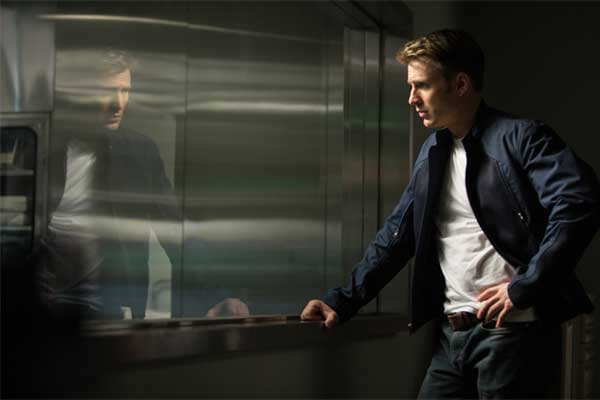
Can you talk a little bit more about how in the Avengers, there was that seed of distrust planted? Cap found out about Tesseract. Does that get expanded on in terms of your relationship with Samuel L. Jackson's character and with S.H.I.E.L.D.?
It certainly does. Am I in trouble now? [laughs] I mean, that's no secret. That's what it is. I mean, it's coming out now in America. How much can we monitor internet use and phone records and text messages? Where do you draw the line? Is it okay to spy on someone before they've committed a crime? Do you take the world as it is, or as you like it to be? It's a tricky question, and I think Cap comes from a time where there was a little more trust and a little less access. I can go on the internet right now and learn how to make a bomb. You couldn't do that in the 40s. You didn't have to worry about it, but now you do. And where's that line? It's a tricky conversation for me, right now, and I was born in this era. I can't imagine coming from a different place, swallowing the pill of where society has gone.
Can you compare working with Joe Johnston on the first film, and the Russos now? How things have changed?
It's a tough call because I love all of those guys so much. I mean, I love Joe, and I loved the Russos. It's probably tougher for – well, that's not fair. I was about to say, it's not fair because I was going to say it's tougher for Joe [Johnston] because they didn't have as much information. The Russos can reference the first Cap and Avengers, and it's another link in the chain. And characters have been laid down, and certain things have been established, but those films have done very well. So the expectation is at a level where maybe there is more pressure on the Russos. I don't know. With Joe, it was all brand new, and we were trying to feel it out together. And I loved working with Joe, but Joe's got that nostalgia. He loves the 40s and 50s, and he has that look down so well. I think Joe liked a little bit more of a grounded Cap in terms of powers and abilities, if you know what I mean - just a really impressive Olympic athlete, as opposed to someone who's like ripping through cars and things like that, which is fine. I think we're trying to push it a little bit more in this one. I wouldn't mind pushing it a little bit more in this one. You saw Avengers. Those guys are good. I've got to have a reason to be on this team [laughs].
Do you get a new kind of fighting style in this?
Yeah. Well, that's what we were all saying. I remember when I first met with the Russos. Has anyone played the Captain America video game? I love it, and I don't like video games. I love it because I love the way Cap moves. He moves so well. He just beats ass. It's like, that's how this guy needs to be moving. This isn't just a guy who's given the ability of speed and power. He's been training. He's got the frame of mind to absorb this information, so I can only assume with training and his ability, this guy should really be dangerous, and we should show that. It's not just – take Jason Bourne and make him . . . if Jason Bourne can do it, Cap should be flying through these things. So we've had a little bit of fun kind of turning up his power, turning up his speed, and so the fights are more grizzly and more impactful, and, in my opinion, cooler.
What I liked about the video game is the shield. In hand to hand combat do you get to use the shield more?
Yeah, absolutely - shield use and acrobatics too. I mean, he's flipping off things and spinning and jumping and just using his environment. And it's not just punch, punch, kick, kick, you know what I mean? That's fine, but this has to be more than Bourne Supremacy.
How much of a challenge for you was to master those moves?
It was a bit of a chore, but it was fun. I was excited. They put me in gymnastic classes, and we were doing combat stuff every day for a few months. And it's a lot of fun because when you get the dance down – all it is, is just a dance really, the choreography – when you get the dance down, you start working on the acting. Because you can't telegraph a block or a punch. You have to show if you've been hurt. When it gets down fast, when it's sharp, it's neat. It just feels so good. It feels great. It feels like dancing, and it just looks so good. We have such good stunt coordinators and choreographers. The Russos really have a handle on how they want to shoot this. Sometimes you watch the stunt guys do a little playback like in the stunt warehouse. And it looks okay. And then the Russos get in there with these great angles and a lot of great camera movement, and some of the films they even reference in those first meetings of how they wanted fight sequences to look were spot on. And the footage that I've seen is awesome. You went to Comic?Con? I just saw the Comic?Con footage. It's so good. I was like, "Oh, thank God."
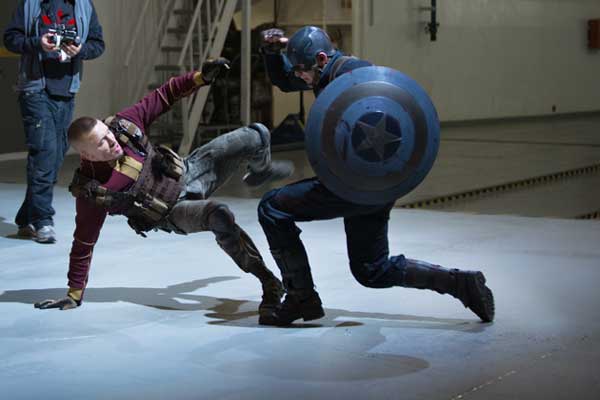
Can you talk about Steve and Sam and what they make of each other when they first meet?
Sure. Steve and Sam, I don't know if they have too much stuff. Sam is mostly an outsider that I meet in this movie and certain things happen that require me to turn to some outsiders, some people that may not be on my inner circle… Oh, wait. You mean Sam Wilson. I'm Steve [laughs]. Sorry. I picked Sam Wilson and Sam Jackson, and I put them together. Right. They had plenty of interaction. Well, Sam, he works at the VA now. He's like a therapist, essentially for people who have come back from overseas and who are struggling. And in that regard, Sam and I connect. I'm going to say Mackie, because there's too many Sams [laughs]. My stunt guy's name is Sam too [laughs]. So Mackie's character and mine, we kind of have an understanding because it's not like Cap has that many friends. His life is his work, and Natasha kind of gives him a hard time about that too, about getting a girl and dating, finding a social life, finding yourself outside of your work. And so Mackie kind of extends an olive branch and kind of tries to just be a friend. And then later on when things happen, that friendship proves to be of value.
Black Widow is a very different kind of character than Cap. What was it like to have that interplay with Scarlett? What did it bring out in Captain America that we haven't seen before?
Well, again, I like being human. I like laughing, telling a joke. I never got any jokes in Avengers. And if it is a joke, it's at his expense. He's not zinging people, which is fine, but I really loved that aspect of Johnny Storm. I got to tell jokes. I got to be the funny one, and I don't get any now. And there's so many funny people in these movies. So it's nice with Scarlett, some of the dialogue, it just feels like the way people speak. It's so nice because it's human, and there's a lot of that in this movie. My favorite scenes are the scenes with Scarlett. The Russos could be blowing smoke, but it sounds like they agree. It's nice. It's nice moments. Her and I both have – our characters both have issues in this movie. It's just such an odd pairing. We're such different people. Her moral compass is for sale, and Steve is a boy scout. So it's interesting what they find in each other, and outside of the movie, Scarlett and I have known each other for a long time. We just constantly make jokes about how many movies we've made together. So it's very effortless. We get along very well, and I think that shows on screen.
Off screen, you just mentioned Captain America is the ultimate boy scout. Do you feel a responsibility to be – you can't go to the strip clubs or anything?
[Laughs] You just can't get caught. No, absolutely, absolutely. I mean, anytime – it's a strange thing to funnel through your brain – anytime you make a decision, you're like, this really – it's so interesting. You meet little kids, and that resonates. That's when that hits home. It's easy to think it and assume it, but once you meet a kid, you're like, "Man. This kid really like looks up to me. What a strange thing? He doesn't even know me," but that's so funny. I remember feeling that way when I was a kid about certain things, and that's a beautiful thing. Not to sound cheesy, but that's really cool. And so you do want to – you owe that to them. That's part of the responsibility of this job, and that's a tricky thing that I was questioning about – it's interesting the parallel of Steve's character and just me in life. The parallels of what you owe. What do you, as an actor, where's the line? What do I owe people? I chose to be in a profession that compromises anonymity, but does that mean you have to know where I like go on vacation or what my dog's name is? Where is that line? I categorize the way kids view you as something you owe, and it's your responsibility. If you make stupid mistakes in your life then it tarnishes their image of you - that's on you. You're not free to just go be a jackass any more. Because I was before [laughs].
How does the Winter Soldier affect Steve and his past coming back on him like that?
Now it's going to get tricky. I don't know how to answer these questions. Well, the stakes are high. This was one of Steve's biggest sources of guilt:the fact that out of his whole crew of Howling Commandos, these guys that he convinced to come into battle with him, it's the one guy that didn't make it back, and that was the one guy that was always there for him. And then to find out that he did make it and was subject to some of the things he was subject to, that's a lot. That's a lot for Steve to process, and he takes full responsibility for it because he wouldn't do it any other way. So it's a lot. I don't think that – that was a very political answer. That was good. I didn't give anything away, right? [laughs]
How much is Steve thinking about the past versus looking towards the future?
That was another thing we tried to figure out in this movie because, again, a lot of people really did like the 40s aspect of the first movie. And even those characters, you know what I mean? Like all those guys in the Howling Commandos was great. You're trying to think of how you can work them back in, but I think eventually, that could get tired if it's always like, "Well, it's not the 40s." Shut up. We get it. You miss the 40s. So we try to strike a balance, but it's not like every other scene he's having flashbacks.
Do you have any scenes with Robert Redford?
Yeah. I did. Sundance! It was great. He's so good. I was so nervous the first day, and within ten minutes, I was like, oh, thank God. Because you never know. You never know how these people are going to be at that level, and he's just the nicest guy in the world. I mean, it's not like he can't direct. He could have very easily come on the set and made it his set, and he just didn't do that. He has immense respect, and he's not one of those guys. The first day that we shot together, it was like a 15 hour day. And at the end, the Russos like their coverage, and at the end of the day, it was a lot of my stuff. And he had very minimal lines. He really could have left. I know a lot of actors that would have left and then been like, "You cool doing this with someone else?" Which I think kind of sucks when actors do that. But he didn't do it. He stuck around. It's past midnight, and this guy's here doing off camera for me. It's classy. He's just a classy guy, talented guy. He classes up this whole project.
How protective are you of the character at this point? Do you feel like it's okay to be vocal if you disagree with something?
Yeah, yeah. I am now. The first movie I just felt like I was lucky to be around. And the second movie you just don't want to piss anyone off. There's so many other amazing people here, and now you start feeling like, well, I'm throwing this barbecue too. It's a strange feeling being like, well, hang on. What if we did it like this? It's a nice feeling to kind of come into your own. I think the first movie I'd see myself in the suit, I'd be like, "Who's that idiot in the suit?" It's starting to feel more like real or home or something. So you do start caring a little bit more, and you do run into those kids. And they do have this impact, and it's a very nice thing. It's a responsibility now. I don't want to make it sound like it's going to my head or anything. You just care a little bit more about making sure it's good quality stuff because we're going to run the contract. There's no way I'm not going to be doing… we're going to be doing Avengers 2. We're probably going to do Avengers 3. These things will happen. So you want to make sure it's pointed in the right direction. You don't want to step on toes, but there's room to be vocal. And that's the best thing about Marvel. You can be stuck in a contract, at a much worse place, a lot worse places. Marvel's very collaborative, and you feel the love from Marvel.
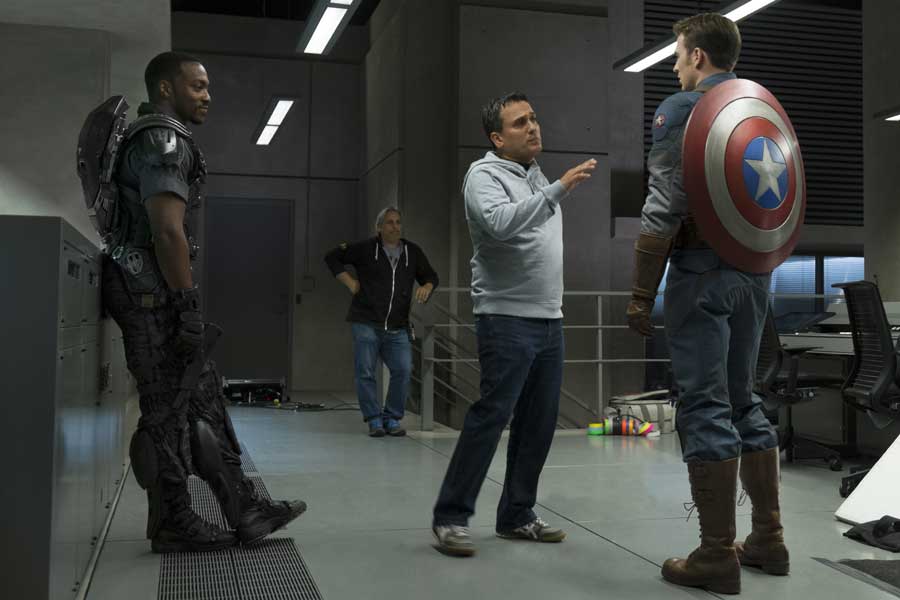
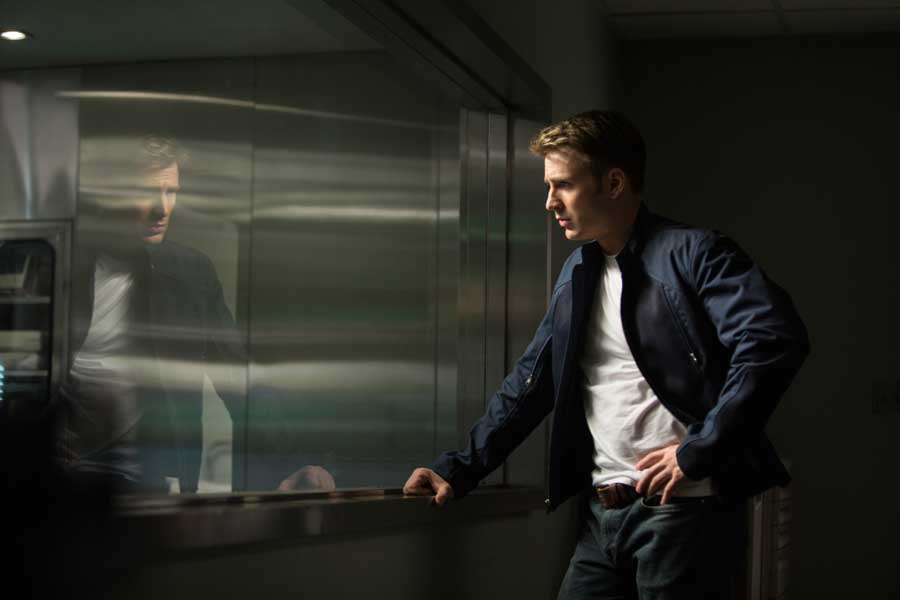
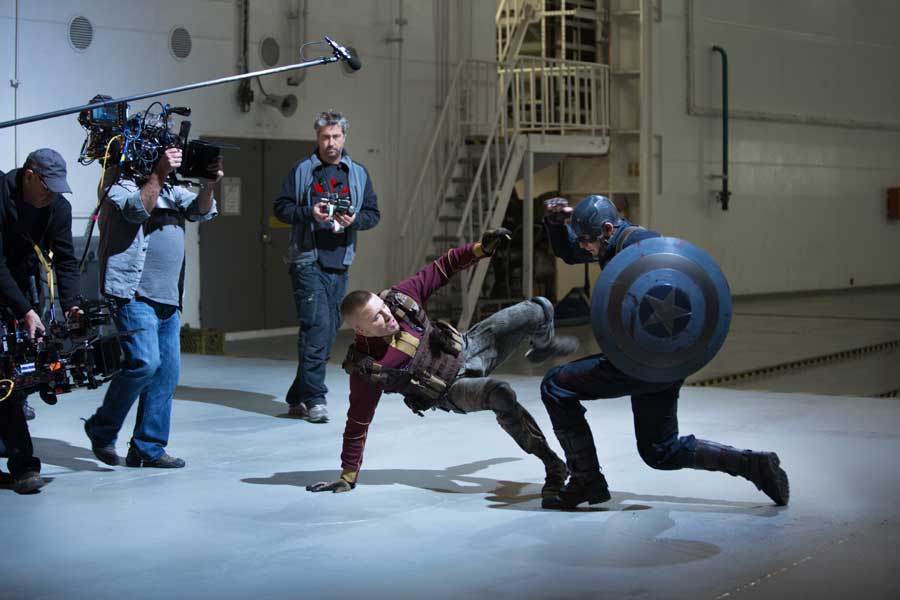
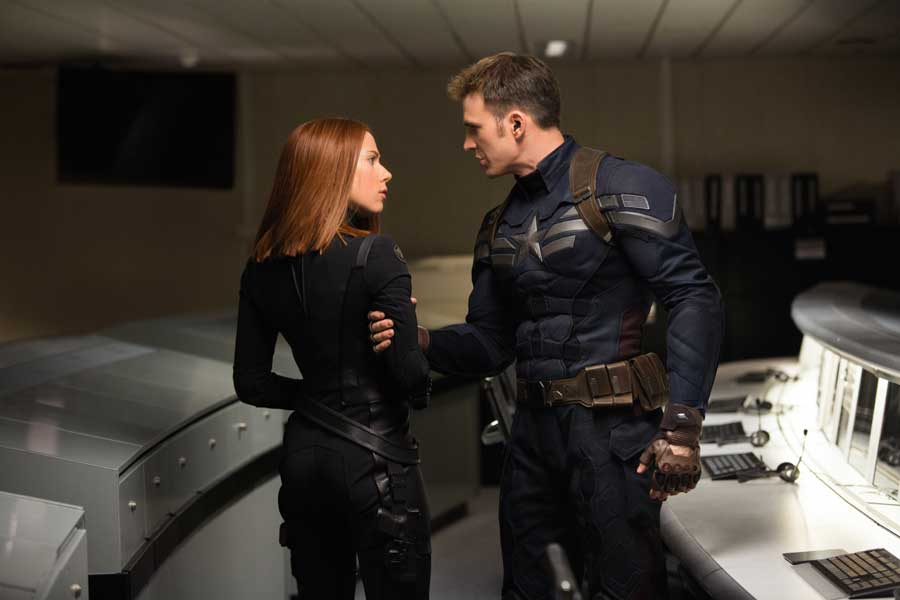
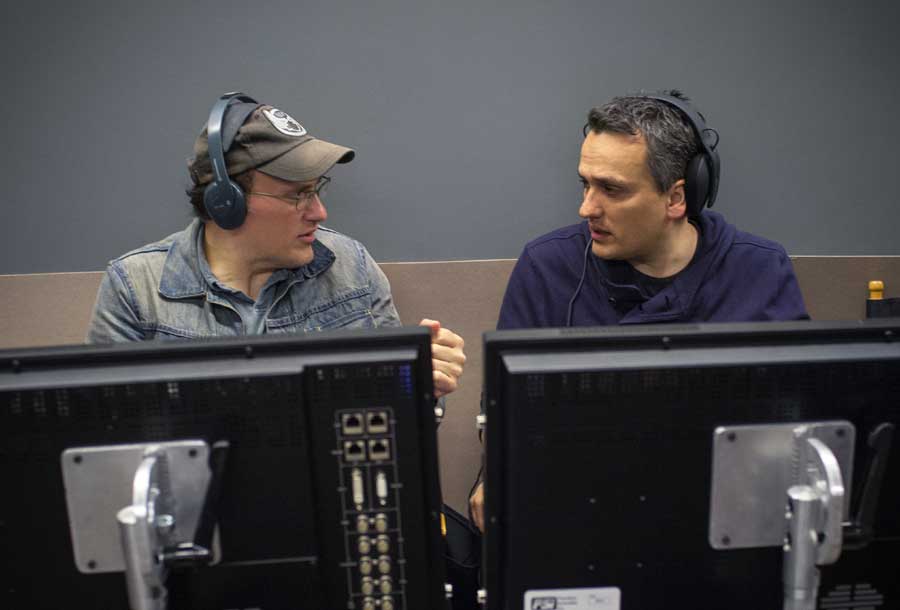
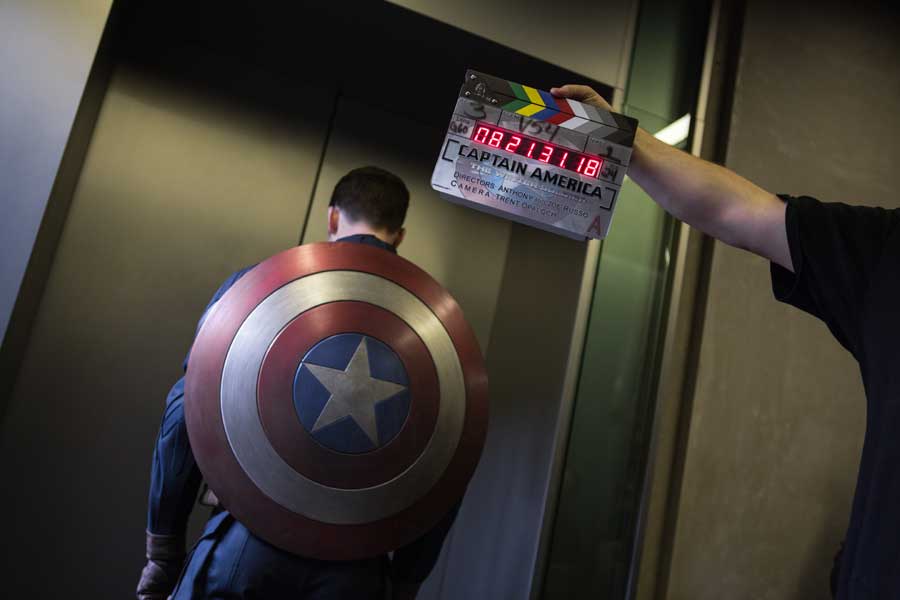

Eric Eisenberg is the Assistant Managing Editor at CinemaBlend. After graduating Boston University and earning a bachelor’s degree in journalism, he took a part-time job as a staff writer for CinemaBlend, and after six months was offered the opportunity to move to Los Angeles and take on a newly created West Coast Editor position. Over a decade later, he's continuing to advance his interests and expertise. In addition to conducting filmmaker interviews and contributing to the news and feature content of the site, Eric also oversees the Movie Reviews section, writes the the weekend box office report (published Sundays), and is the site's resident Stephen King expert. He has two King-related columns.
